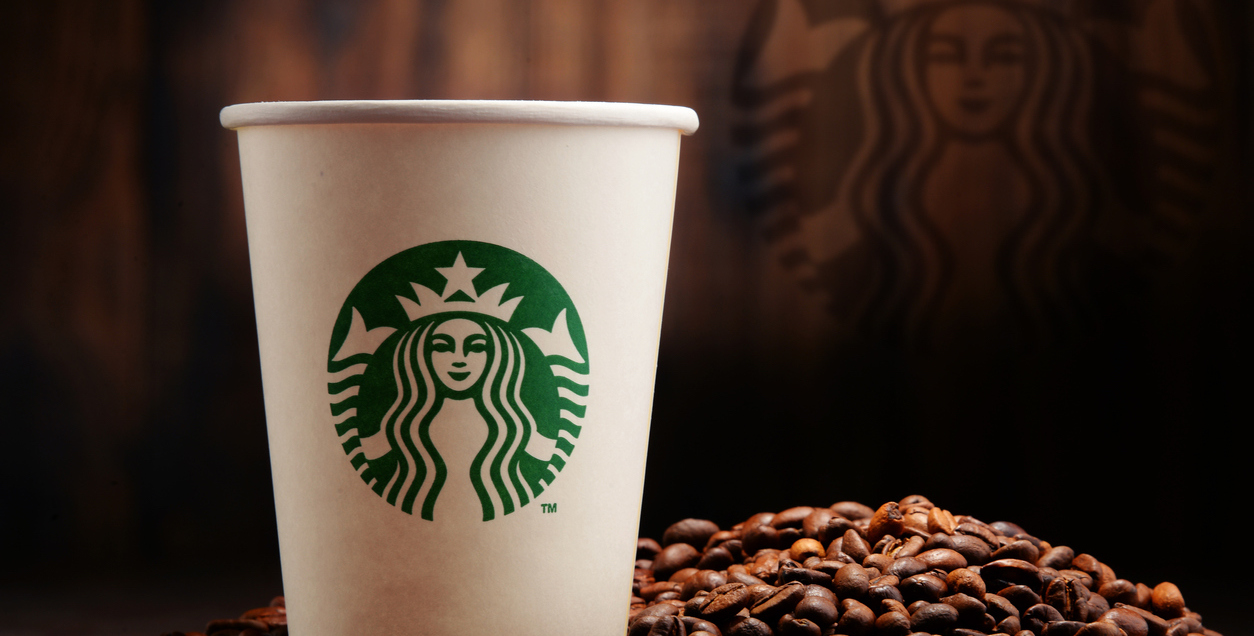Coffee lovers might want to think twice about their next Starbucks latte. On Tuesday, May 21st, the world’s largest coffee chain was served with two lawsuits in New York City, People reported. In one class-action suit, ten Starbucks customers accuse the company of exposing them to the pesticide Dichlorvos (DDVP) by way of Hot Shot No-Pest Strips. Used to protect enclosed spaces from insect infestation, the strips aren’t meant for placement in “kitchens, restaurants, or areas where food is prepared or served,” according to the product’s website. Yet the lawsuit alleges the strips were found near food preparation equipment, under store counters, and adjacent to air vents in multiple Starbucks locations throughout Manhattan.
Although DDVP has been used as an industrial pesticide for decades, according to the lawsuit, it’s also known to be poisonous to humans. In fact, DDVP exposure can cause symptoms such as “loss of bladder control, muscle tremors, labored breathing, nausea, anxiety, diarrhea, muscle weakness, convulsions, and paralysis.” It can also result in “[a] coma, inability to breathe, and death.”
Not exactly the kind of pick-me-up you might expect from a cup of coffee, huh?
The second lawsuit, also filed Tuesday, alleges Starbucks store manager Rafael Fox was fired from his job in February 2018 after complaining about the strips’ misuse. It also claims the coffee chain terminated its contract with a local pest control company after a technician and their supervisor made similar complaints.

Wigdor LLP
The class-action plaintiffs are being represented by New York-based law firm Wigdor LLP.
Wigdor LLP has filed a consumer class action lawsuit alleging that @Starbucks stores throughout Manhattan have been contaminated with the highly toxic pesticide Dichlorvos ("DDVP"), which is harmful to humans and unfit for use in proximity to food, beverages or people. pic.twitter.com/5biWFzwWI7
— Wigdor LLP (@WigdorLaw) May 21, 2019
Founding partner Douglas H. Wigdor issued the following statement about the lawsuits:
“New Yorkers deserve to know what they are putting in their bodies and we call upon Starbucks to explain, as we allege in the complaint, its failure to take appropriate care for its customers’ well-being.”

The images filed with the lawsuit are troubling, and show the pesticide strips in an enclosed bakery case and other public areas.

Wigdor LLP

Wigdor LLP

Wigdor LLP

Wigdor LLP
Starbucks spokesman Reggie Borges told USA Today the lawsuit “lacks merit and is an attempt to incite public fear for their own financial gain.”

Borges also said products used in Starbucks stores must meet “corporate safety guidelines,” and that any products that didn’t meet those standards have already been removed by the local leadership team.

This isn’t the first time Starbucks has found themselves in hot water in recent years.

In May 2018, two black men reached a settlement with the coffee chain after an employee called police to report them for loitering.
Philadelphia is looking for a non-profit group to help set up a program for young entrepreneurs, a key part of the city's settlement with two black men who were arrested for sitting at a @Starbucks without ordering anything: https://t.co/HLnWwGIQPB
— NBC10 Philadelphia (@NBCPhiladelphia) November 20, 2018
They were arrested on charges of trespassing and causing a disturbance, both of which were dropped the same night.
Black men arrested at Philadelphia Starbucks feared for their lives https://t.co/gqdkzBuXFF
— mohosexual (@rebelji) May 17, 2019
In response, Starbucks closed more than 8,000 of its stores for a day-long training on racial bias.

However, new allegations of racism at Starbucks stores have continued to crop up.
Although the outcome of the newest lawsuits won’t be decided for quite some time, we’re betting Starbucks customers will be a bit more wary moving forward.

I myself prefer my coffee without a side of pesticide.

